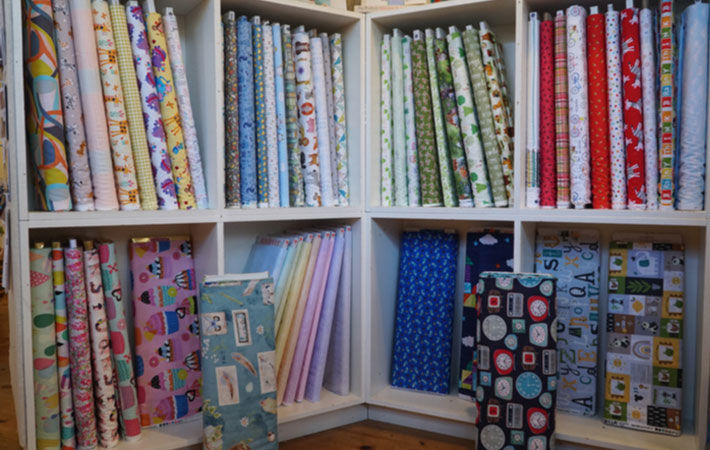The current energy crisis is impacting the competitiveness of the European textile and clothing (T&C) industry. There is a need to move towards climate neutrality, while keeping the T&C industry internationally competitive. EURATEX has asked the European Commission and Member States to urgently support the industry to avoid company closures.
EURATEX has presented ten key requirements to Kadri Simson, European Commissioner for Energy, to develop such a vision. EURATEX has said that the apparel and textile industry needs a safe supply with sufficient green energy (electricity and gas) at internationally competitive prices; the transformation of industry requires access to very significant amounts of renewable energy at competitive costs. Additional investments in infrastructure will also be needed to guarantee access to new renewable energy supply, EURATEX said in a press release.
Until a global (or at least G 20 level) carbon price or other means for a global level playing field in climate protection are implemented, competitive prices for green energy must be granted at European or national levels (e.g. CCfDs, reduction on levies, targeted subsidies). It also said that as the European T&C sector faces global competition mainly from countries/regions with less stringent climate ambitions, it is of utmost importance that the European textile and clothing companies are prevented from direct and indirect carbon leakage.
The current energy crisis is impacting the competitiveness of the European textile and clothing (T&C) industry. There is a need to move towards climate neutrality, while keeping the T&C industry internationally competitive. EURATEX has asked the European Commission and Member States to urgently support the industry to avoid company closures.
EU-policy should support solutions, e.g. through targeted subsidies (for hydrogen, energy grids, R&D, technology roadmap studies etc.). A dedicated approach for SMEs might be appropriate as SMEs do not have the skills/know-how to further improve their energy efficiency and/or become carbon neutral. CAPEX and OPEX support will be necessary for breakthrough technologies, like hydrogen.
The Fit-for-55-Package must support the European T&C industry in decarbonisation and carbon neutrality. The EU must therefore advocate a global level playing field more than before. The primary goal must be to establish an internationally uniform, binding CO2 pricing, preferably in the form of a standard at G-7/G-20 level.
EURATEX also said that EU-policy must not hinder solutions, e.g. we need reasonable state aid rules (compensating the gap between national energy or climate levies and a globally competitive energy price should not be seen as a subsidy). The European T&C industry has made use of economically viable potentials to continuously improve energy efficiency over many years and decades. The obligation to implement further measures must be taken considering investment cycles that are in line with practice. Attention must be paid to the proportionality of costs without weakening the competitive position in the EU internal market or with competitors outside the EU.
Fibre2Fashion News Desk (RR)

:max_bytes(150000):strip_icc()/Health-GettyImages-1342980570-80531d9053c343799c89a6dbe9fcb768.jpg)



